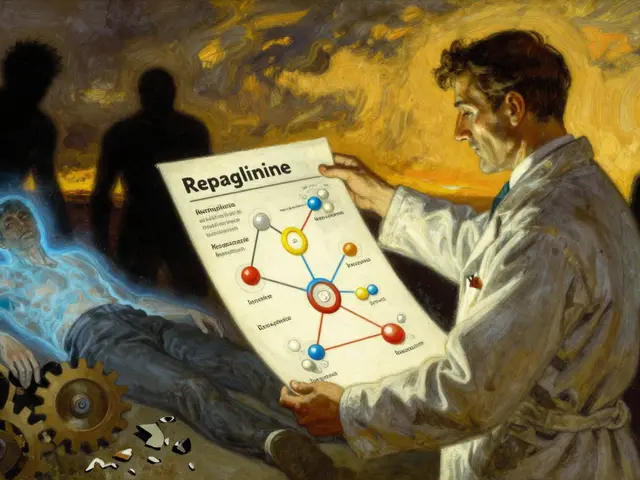Epigenetics Explained: How Your Everyday Choices Talk to Your Genes
Ever wonder why two people can have the same DNA but look, feel, or age so different? The answer lies in epigenetics – the tiny chemical tags that turn genes on or off without changing the DNA itself. Think of it as a set of light switches that your body flips based on what you eat, how you move, and even what you stress about.
Those switches are super sensitive. A high‑sugar snack, a night of poor sleep, or chronic stress can add a tag that silences a gene that protects against inflammation. On the flip side, regular exercise, a balanced diet rich in leafy greens, and good sleep can add tags that boost the body’s natural defenses. The cool part? You can actually influence those tags with simple habits.
How Everyday Habits Shape Your Epigenetic Landscape
1. Exercise – Physical activity doesn’t just burn calories; it sends signals that add “on” tags to genes involved in muscle growth, brain health, and immune function. Studies show that regular cardio can reverse harmful epigenetic changes linked to obesity and heart disease.
2. Nutrition – Foods filled with antioxidants, like berries, nuts, and dark chocolate, donate chemicals that protect DNA from harmful tags. On the other hand, processed foods high in trans fats can add “off” tags to genes that regulate metabolism.
3. Sleep – Missing a few hours doesn’t just make you groggy; it disrupts the rhythm of the genes that control hormone release. Consistent 7‑9 hours of sleep helps keep those genes in sync, preventing the buildup of risky tags.
4. Stress Management – Chronic stress throws cortisol into the mix, which can place “off” tags on genes that protect against inflammation. Practices like meditation, deep breathing, or a simple walk can calm the system and keep the tags balanced.
Quick Epigenetic Boosters You Can Try Today
Start with a 20‑minute walk. That short burst of cardio is enough to trigger beneficial gene switches, especially for heart health.
Swap sugary drinks for green tea. Green tea contains catechins that add protective tags to DNA, helping reduce cancer‑related risks.
Add a handful of nuts to your snack. Vitamin E and healthy fats in nuts act as epigenetic guards, supporting brain function.
Set a bedtime routine. Dim the lights an hour before sleep, avoid screens, and stick to the same sleep‑wake time. Your body will thank you with smoother gene rhythms.
If you want to dig deeper, check out our health articles that tie directly into epigenetic concepts:
- How Exercise Helps Prevent Intestinal and Vaginal Infections – Shows how movement builds immune‑guarding gene tags.
- Noni Benefits: Evidence, Dosage, and Safety – Explores a natural supplement that may influence inflammation‑related epigenetics.
- Tannic Acid Supplement: Benefits, Risks, and How to Use It Safely – Looks at polyphenols that act as epigenetic modifiers.
Bottom line: You don’t need a lab coat to manage your epigenome. Simple, consistent habits are the most powerful tools you have. Start small, stay consistent, and watch how your body begins to rewrite its own script for better health.

How Epigenetics Drives Tumor Growth and What It Means for Cancer Treatment
Explore how epigenetic mechanisms like DNA methylation and histone modification fuel tumor growth, affect prognosis, and open new therapeutic doors in cancer care.
Sep 25 2025




